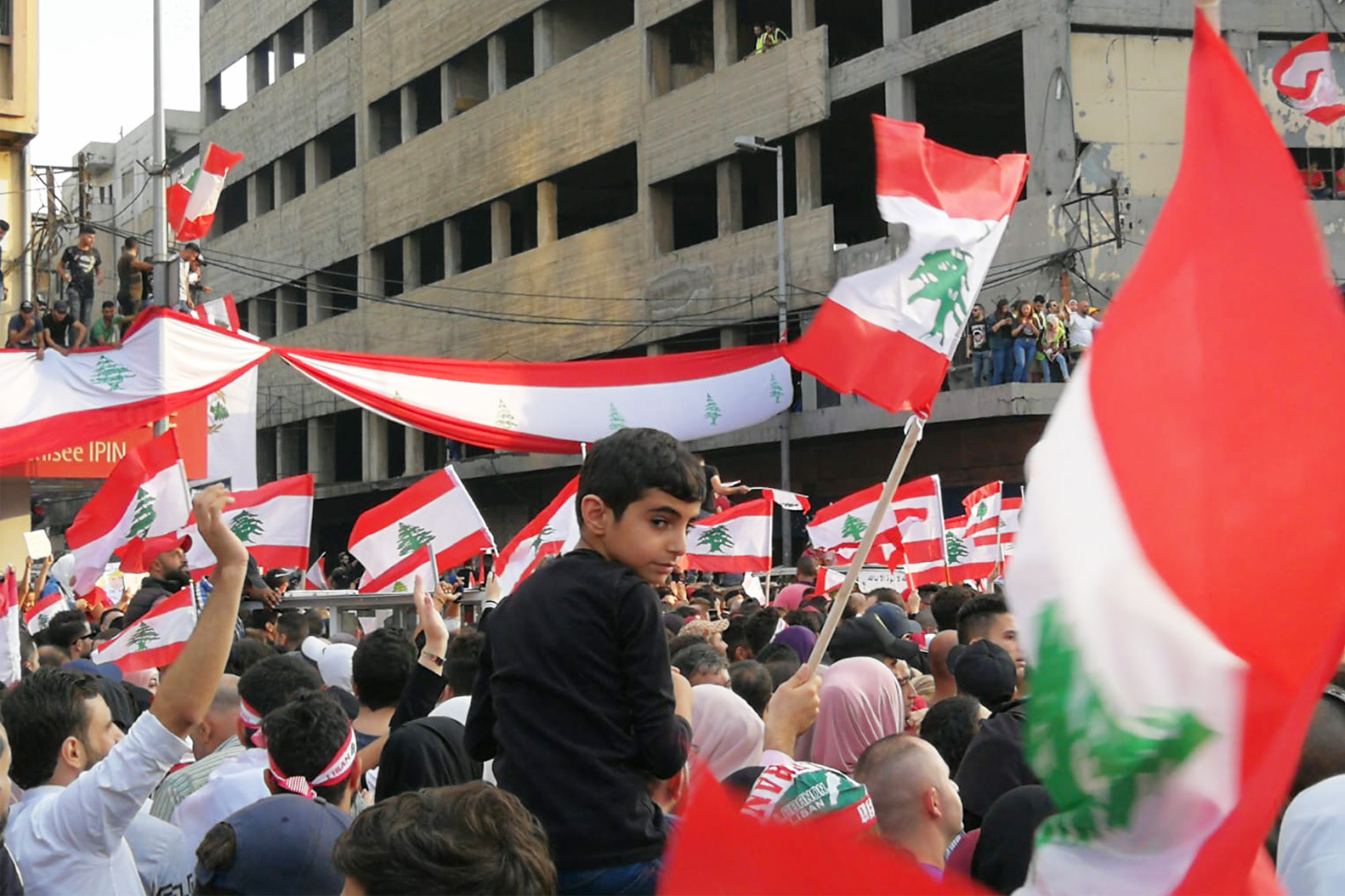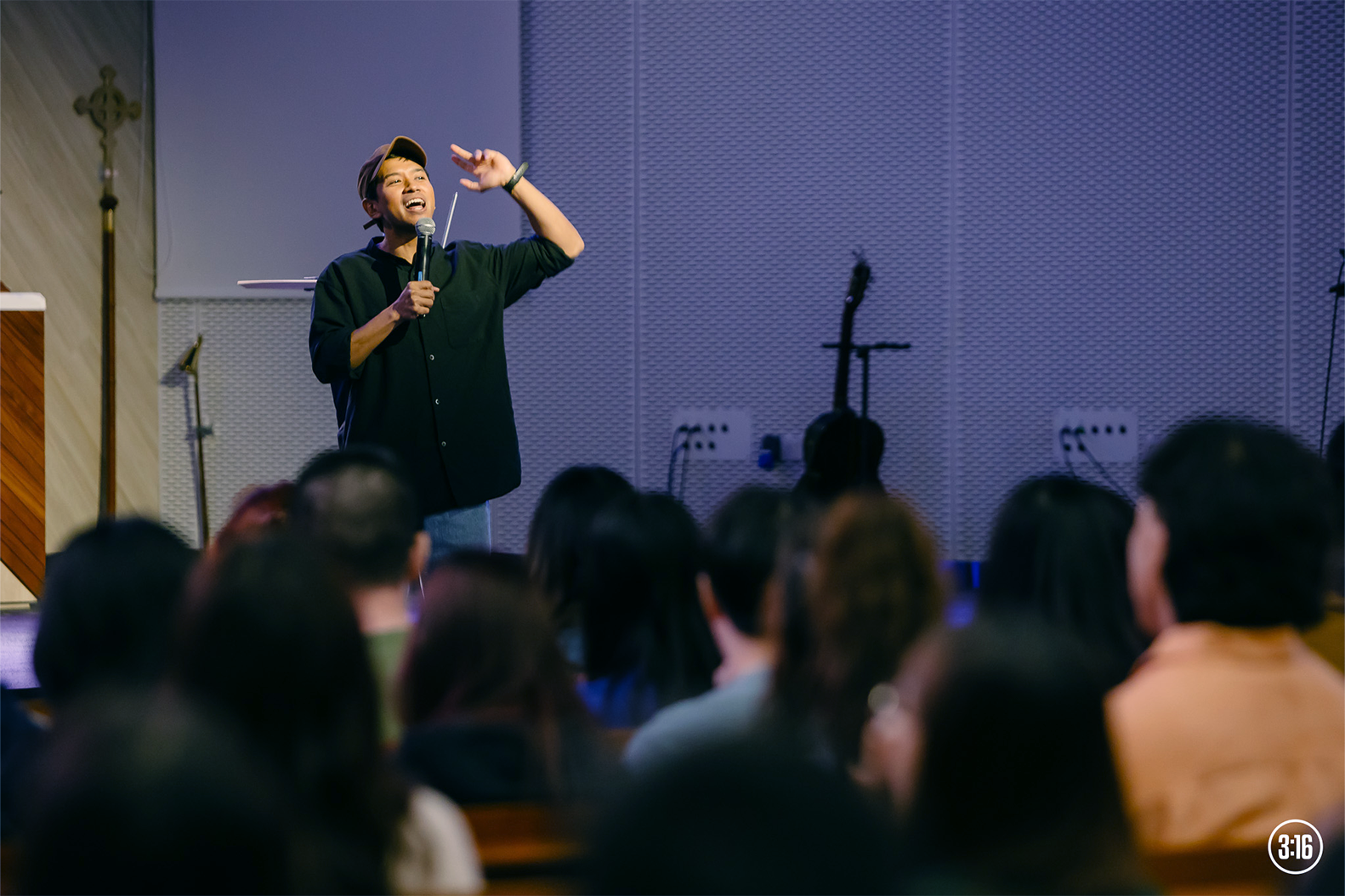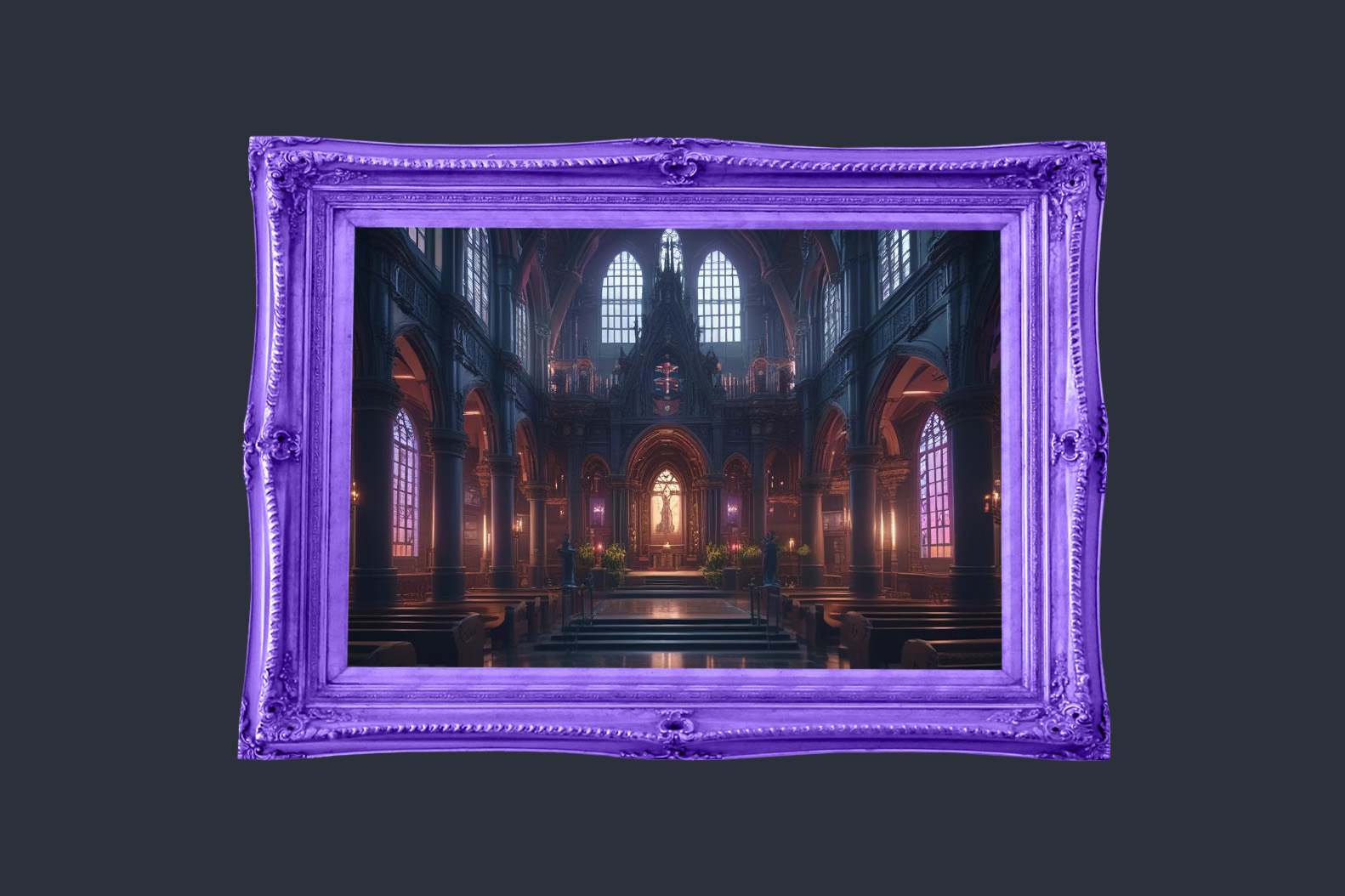On Friday, October 18, I woke to the smell of burning tyres.
The shabaab, or young men, of my city had blocked the main square and key road junctions with barricades and set them alight. Banks and schools were closed, and classes cancelled. On TV, people were gathering in the streets in Beirut, the capital of Lebanon, two hours south from where I live.
Then, I ventured downtown into the smoke. All along the way, residents kept telling me not to be scared. We’re fed up, they said. It’s time to change. Time for sawra. Revolution.
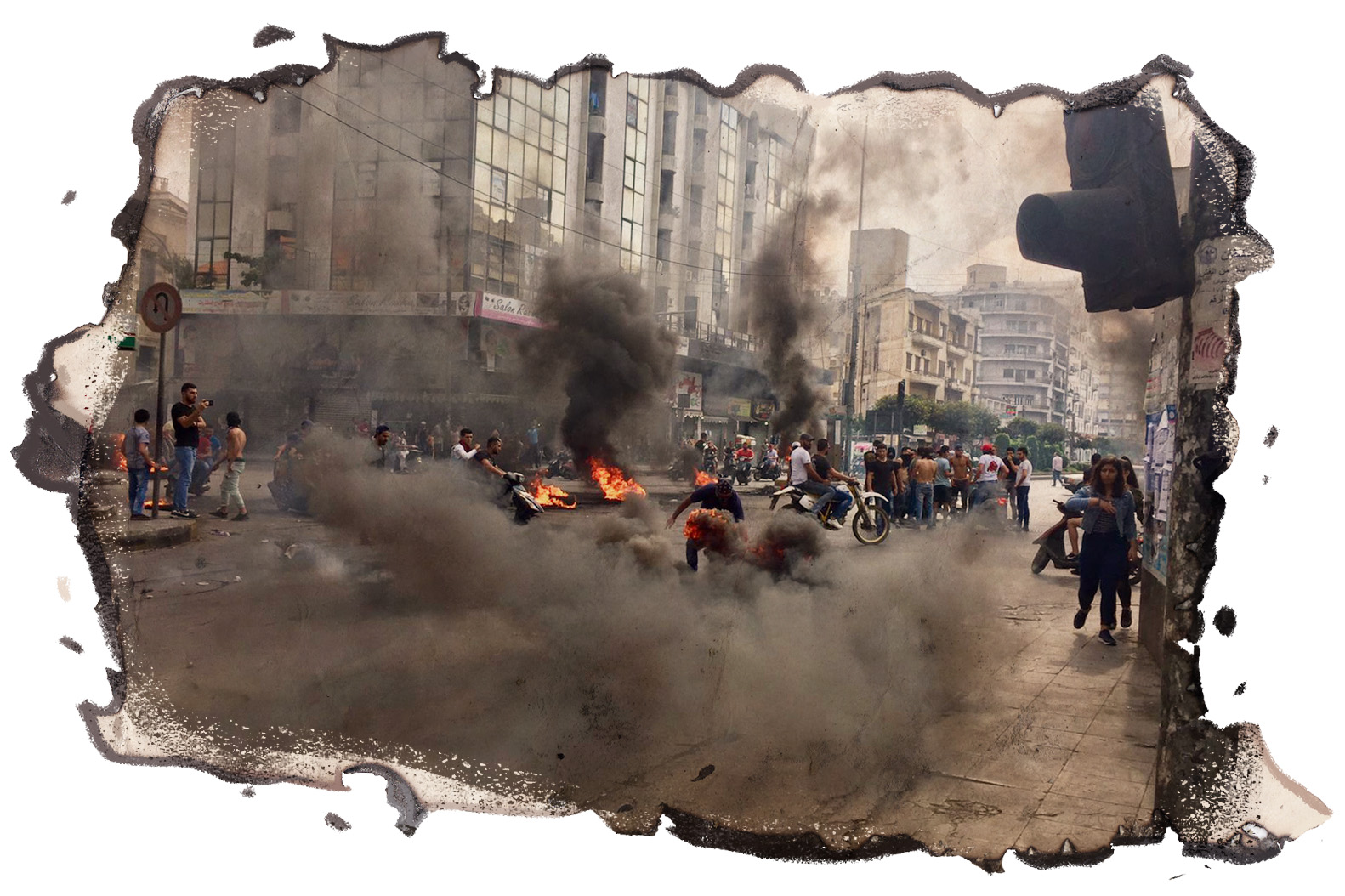
Since then, I’ve witnessed gunmen fire at peaceful demonstrators, families attending protests en masse and the resignation of the country’s prime minister. More than a month on, this Lebanese Revolution shows no sign of relenting.
My name is ياسين (Yassin). I’m a Singaporean studying Arabic in Tripoli, Lebanon’s second-largest city. This is my story of how I live out my faith in the city called “the bride of the revolution”.
I hope my 4 handles will help any foreign student, missionary or worker living through uncertainty in a different country and culture.
1. SURRENDER
Lebanon’s October Revolution was triggered by several tax proposals made by the government, including a tax of US$0.20 per day for WhatsApp, FaceTime and Facebook calls.
The Lebanese were already struggling with their daily costs of living due to a shortage of U.S. dollars in the country and continuous electricity and water cuts. Finally, in the week leading up to the protests, the government was caught unprepared as wildfires swept through the mountains.
The protests have been unprecedented for the country, bringing together people from across Lebanon’s 18 religious sects to call for a complete overhaul of the political system.
As a Singaporean, I honestly felt afraid. I’ve never experienced this level of political unrest before. The protests were also unpredictable.
In the first week, the entire country was on a general strike. Major roads and highways were barred by protesters. Even if I wanted to flee the country, it would be near impossible. I was confined to my neighbourhood in Tripoli.
Hunkering down at home with my housemates gave me time to truly reflect on what it feels like to be helpless in a time of political turmoil.
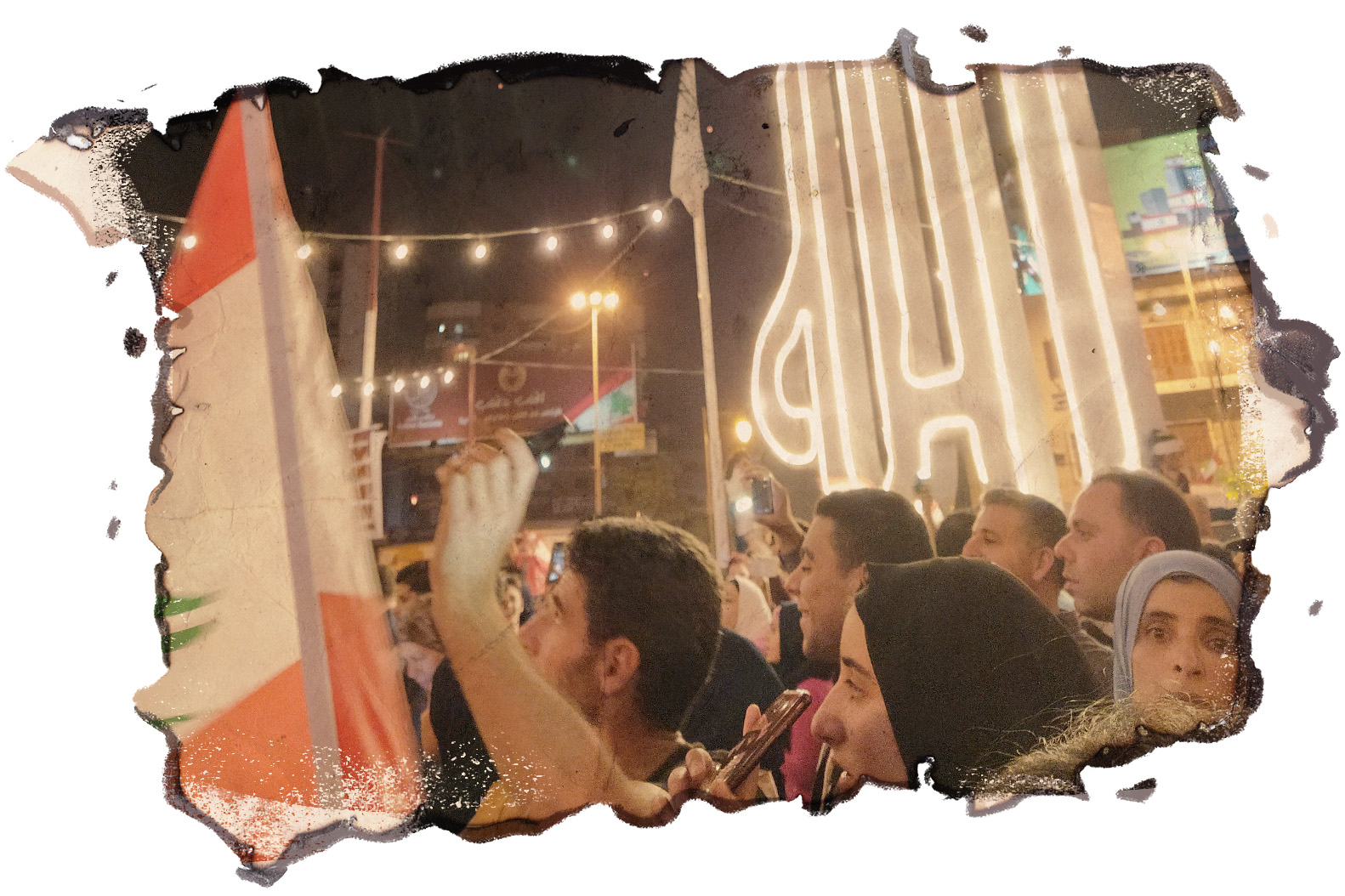
Colossians 1:16 seemed extremely appropriate then: “For in Him all things were created: things in heaven and on earth, visible and invisible, whether thrones or powers or rulers or authorities; all things have been created through Him and for Him.”
Understanding that I was powerlessness in the face of larger political events was step one in surrendering my need for control to God. There was literally nothing I could do except to trust God that the big uncontrollable things – political crises, strikes, blockades – would eventually be resolved.
Once I surrendered my desire for control, I could learn to see and feel things differently.
2. EMPATHISE
In the first week of the protests, my church called off its Sunday Service, given the unpredictable situation on the roads.
Hearing the struggles of people I cared about softened my heart to those on the streets. Fear gave way to grudging acceptance and eventually to empathy as I recalled the verse about loving your neighbour as yourself (Leviticus 19:18).
I’m conscious of the fact that I’m a foreigner, who is experiencing hospitality in a welcoming land.
The Lebanese people who have welcomed, fed and shown me their country have become my immediate neighbours. And I identify with their dreams for a better country – just as I’m in their land to better my own future.
3. STAND TOGETHER… DON’T STAND OUT
Being a foreign student in Lebanon draws a lot of attention – people always want to talk.
But this privilege puts me in a delicate balancing act: How do I square my desire for my Lebanese friends to find justice, while not imposing my own very Singaporean take on it?
Since the Revolution began, I’ve been put in the spotlight even more. Some guys on the street wanted to make an Insta story with me singing revolutionary songs. And whenever I buy food, I’m always asked: “Have you seen the Revolution?”
I’m conscious of the fact that I’m a foreigner, who’s experiencing hospitality in a welcoming land. I don’t tell my Lebanese friends what way is best or how things can be done.
Instead, I stand in solidarity with those who suffer. At times, this means tipping extra to those who may be adversely affected by the blockades, like taxi drivers.
It also means writing pieces like these to show others that life in Lebanon goes on and, God willing, peaceful revolutionary change is possible.
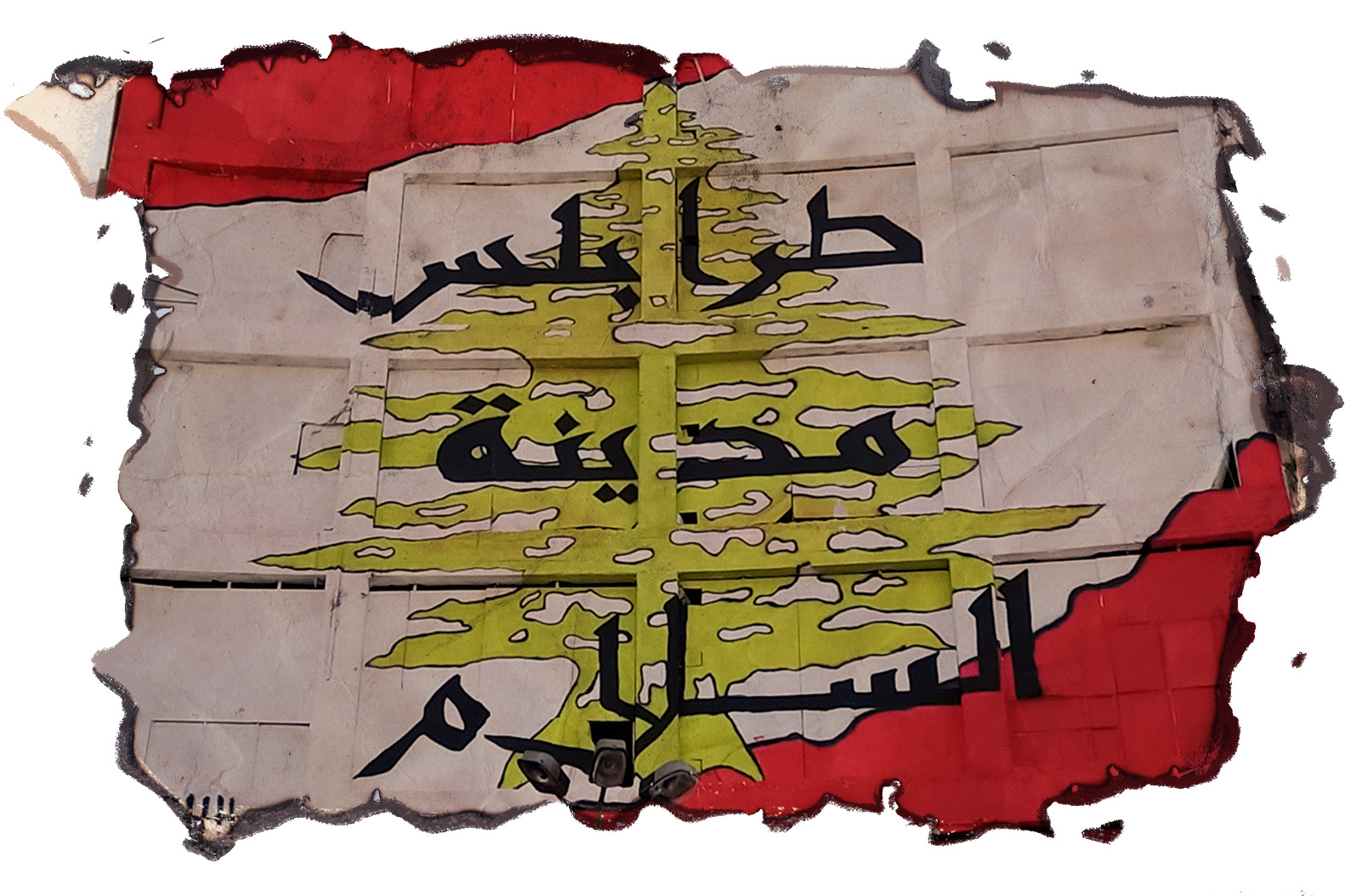
4. PRAY UNCEASINGLY
Demonstrations and night rallies still have a celebratory air, and commonly feature DJs entertaining crowds with dance music, prayer sessions and mass sky lantern releases.
Most Lebanese hold no illusions that it will be a long and hard road ahead. What will happen to the Revolution if their demands to change the government fail? What will happen if they succeed?
As an onlooker, I try to be a good witness by praying without ceasing. It’s the only thing I can actively do as a foreigner.
I pray for safety in the Squares, and for a wise and caring government that looks after its people. Most of all, I pray for Tripoli, that the city would continue setting an example of religious unity.
I pray that the changes made in Lebanon will ultimately fit the grand scheme of God’s will for the nation. God bless Lebanon!


